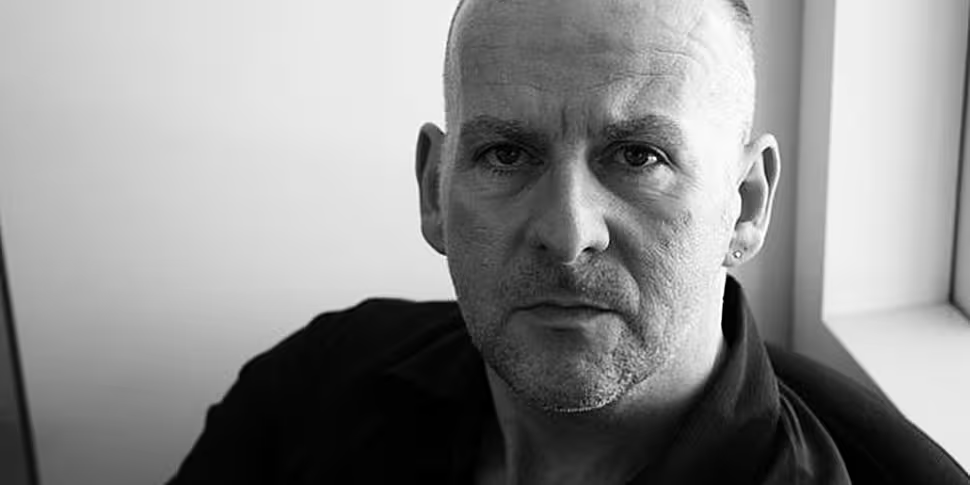Of what significance are things you can forget? – Henry David Thoreau in ‘Life Without Principle’, 1863
Memory is one of mankind’s most important facets. We are, individually, largely defined by what we remember of ourselves and what others remember of us. Our cultures, societies, even sciences are founded on collective memories, stored in stories, books, songs, and-most recently-the immaterial internet. But what exactly is memory? How reliable is it? And is there an onus on us to remember? Or do we have the right to forget?
 Photograph: Todd Kesselman
Photograph: Todd Kesselman
On this episode of ‘Talking Books’ Susan will be talking with renowned author and philosopher Simon Critchley about his latest book, ‘Memory Theatre’, and the philosophy of memory. Widely known as one of the leading living thinkers in the continental tradition Simon has written and thought on a wide range of subjects from religion and ethics to literature and aesthetics.
His books have covered a range of issues from death and the belief of atheists to ‘Hamlet’ and the songs of David Bowie. ‘Memory Theatre’, however, is Simon’s first excursion into what can broadly be described as the world of fiction; though it does seem to do its best to defy classification.
Following the character of Critchley, who happens to share a lot more than just a name with the author, this book takes us along a journey through the history of memory. With its fair share of biographical detail and references to figures like Giordano Bruno, Hegel, and Samuel Beckett ‘Memory Theatre’ might almost be a work of non-fiction. Yet there are always moments that remind us that this is a work of experimental fiction, designed to explore the avenues and questions of memory with its style as much as its substance.
Join Susan and Simon as they journey through the meandering avenues of ‘Memory Theatre’. Why is the complex nature of memory so important? What impact have computers and the internet had on how we remember? And what are the perils and pitfalls of total recall?
 Photograph: Seix Barral
Photograph: Seix Barral
Before this Susan talks with Basque author Harkaitz Cano about his crime novel ‘Twist’ and the role of memory in our individual and collective lives. Set against Spain’s ‘Dirty War’ this novel follows translator Diego Lazkano as he comes to terms with the murder of his friends Zeberio and Soto at the hands of the Spanish Civil Guard. As the novel unfolds the full implication of these murders and the political weight they carry begin to emerge.
‘Twist’ is no mere work of fiction, however. In 1983 José Antonio Lasa and José Ignacio Zabala were kidnapped, tortured, executed, and buried in secret graves. The men, believed to be ETA militants, had become some of the first victims of the GAL paramilitary group. Secretly established and sponsored by members of the Spanish government these death squads targeted Basque separatist groups during Spain’s ‘Dirty War’, 1983-’87.
A sore point for many who were affected by this period of terror and violence Harkaitz brings the activity of the GAL to vivid life with ‘Twist’. Though for many the image of these two young men being forced to dig their own graves belongs in the past there are others who would argue that such horrors cannot be confined to history. Memory, especially of painful times, will always be a point of contention. For Harkaitz though it needs to be preserved.
Join Susan as she talks with Harkaitz about the role of memory in society and the private life. What is the role of the writer and translator? Do we carry a duty to remember all parts of our history? Or should we be afforded the right to forget?









